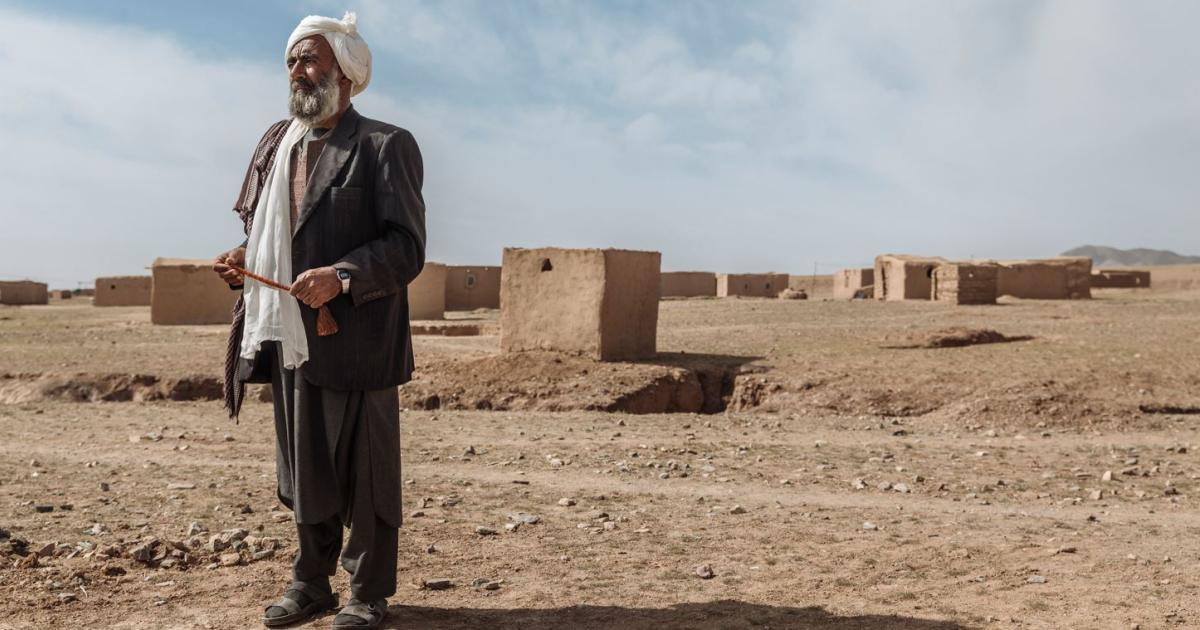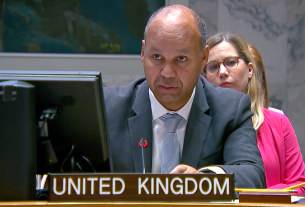|
Getting your Trinity Audio player ready...
|
Berlin – Internally Displaced People (IDPs) who have access to adequate housing are over three times more likely to not rely on humanitarian assistance and twice as likely to have stable income according to a study published today by the International Organization for Migration’s Global Data Institute (GDI) in partnership with Georgetown University in the United States.
The PROGRESS report is a comprehensive analysis of the state of solutions to internal displacement worldwide.
“Our findings are shifting the debate from ‘when does displacement end’ to ‘when do solutions start’,” said Ugochi Daniels, IOM Deputy Director General for Operations.
“Together with the communities we serve, IOM is committed to leave no one behind in the quest for a sustainable, resilient future. PROGRESS shows us where investments can be made for effective solutions, which match what IDPs also tell us: adequate housing, livelihoods, and local integration in situations when displacement persists.”
The report focuses on 15 countries, providing crucial insights into the challenges and opportunities faced by IDPs. It shows the importance of job creation, security, and fostering a sense of belonging within communities for overcoming displacement-related vulnerabilities and, subsequently, reduce disparities between IDPs and their host communities.
Fifteen countries currently host 37.5 million of the 71.1 million IDPs worldwide, a concentration that underscores the critical need for swift and targeted interventions to address internal displacement amid escalating humanitarian crises.
The PROGRESS report focuses on the countries selected as pilots by the Office of the Special Advisor on Solutions to Internal Displacement: Afghanistan, Central African Republic, Chad, Colombia, Ethiopia, Iraq, Libya, Mozambique, Niger, Nigeria, Somalia, South Sudan, Sudan, Vanuatu and Yemen. To supplement existing datasets, 74 focus group discussions were conducted with IDPs, returnees and host communities in 10 countries to see what displacement-affected communities themselves think are the barriers to finding solutions, and the ways of overcoming them.
“We are struggling, we can’t afford the current living conditions, with commodity prices increasing every time,” an Ethiopian community leader told a focus group discussion, pointing to their dependence on relief and the importance of access to livelihood opportunities during displacement. “Besides, we have lost everything we had before displacement, and it makes us too vulnerable to money shortages.”
Other key findings:
Impacts of Protracted Displacement: Data shows that the longer IDPs are displaced, the more likely they are to prefer local integration or settlement elsewhere rather than returning home. However, there are important variations depending on the drivers of displacement (conflict or natural hazard), living situation (camp vs. non-camp), age, and gender.
Empowering Through Inclusive Development Finance: Sustainable solutions hinge on inclusive development finance. Empowering IDPs through initiatives like microfinance and support for small businesses is seen as a pathway to self-reliance.
Addressing Gender Disparities: Significant gender disparities are brought to the forefront, emphasizing the need for targeted interventions in areas such as security, income stability, and shelter for female-headed households.
People-Centered Solutions: The report underscores the significance of people-centered, operationally relevant strategies. Long-term solutions, including local integration, job creation, security, and a sense of belonging, are pivotal for sustainable outcomes.
“For decades, humanitarian actors have been working on supporting solutions for IDPs, and good work has been done in developing indicators for ending displacement,” said Katharine Donato, Donald G Herzberg Professor of International Migration at Georgetown University. “PROGRESS builds on those efforts and identifies evidence-based findings that can help move IDPs to sustainable solutions.”
Click here to read the full report.
For more information, please contact:
Jorge Galindo, +4915226216775 Email: [email protected]
Kristina Uzelac, Email: [email protected]


